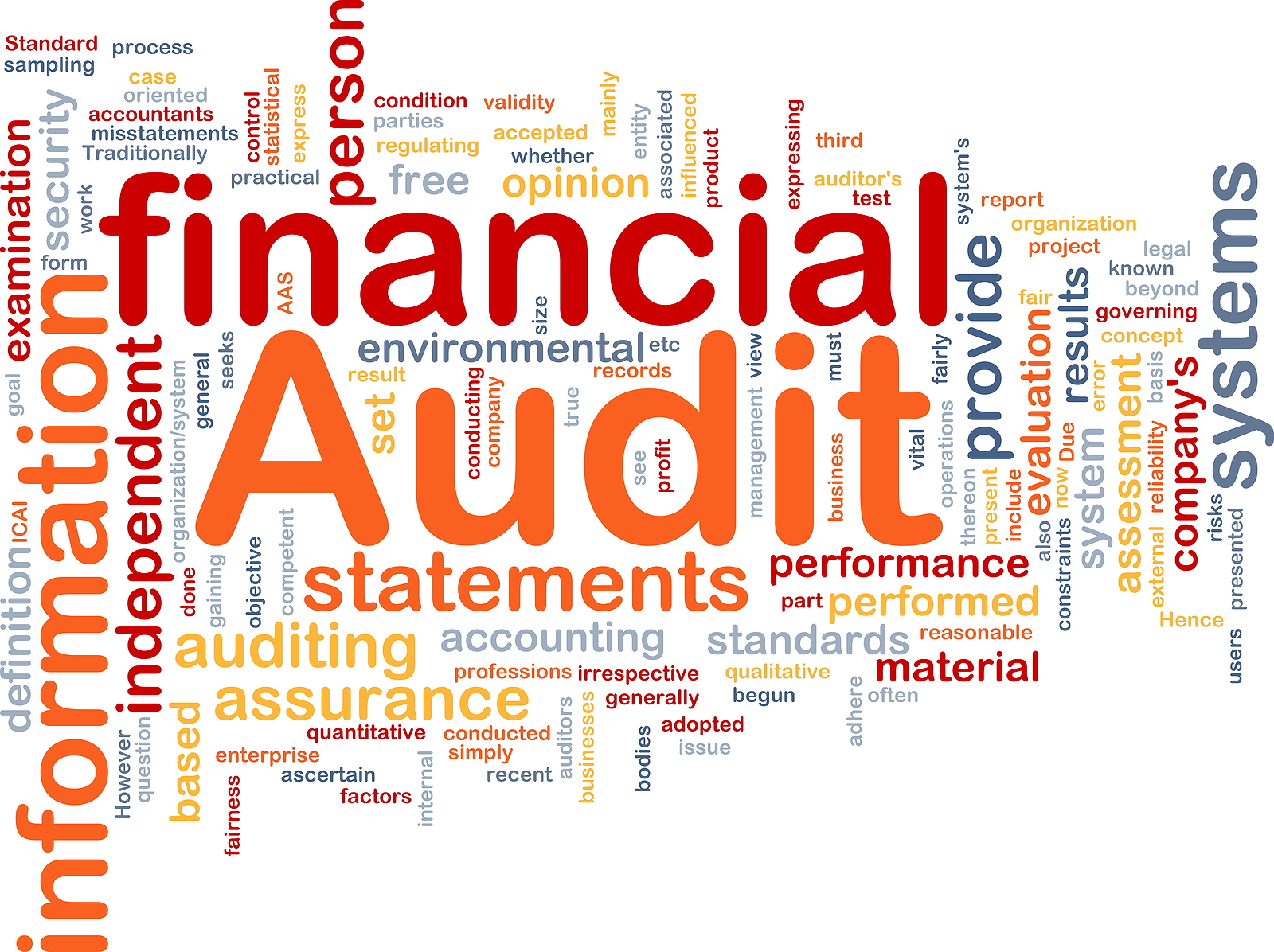In the intricate tapestry of a homeowner's association (HOA), trust and transparency form the bedrock of a thriving community. At Priestley Management Company, we recognize the pivotal role audits play in upholding these values. In this blog post, we delve into the reasons why an audit is crucial for the well-being and sustainability of an HOA as noted below:
Financial Integrity:
At the heart of any successful HOA is sound financial management. Audits serve as a comprehensive check on the financial health of the association. They provide an unbiased assessment of financial records, ensuring accuracy and identifying any discrepancies. This not only safeguards the community's assets but also fosters confidence among homeowners, reinforcing the trust in the management's stewardship.
Compliance and Governance:
HOAs are governed by a set of rules, regulations, and legal requirements. Regular audits help ensure that the association is in compliance with local laws and its own governing documents. This not only mitigates legal risks but also ensures that the HOA operates within the bounds of ethical and transparent governance. Boards should always review their governing documents because in many cases, audits are required per the Associations documents.
Community Trust and Confidence:
Transparent and accountable HOA management fosters a positive relationship with homeowners. Regular audits demonstrate a commitment to honesty, responsibility, and openness. This, in turn, builds trust among community members, encouraging their active participation and support for the association's initiatives.
Budgeting and Future Planning:
Audits are instrumental in evaluating the effectiveness of the HOA's budgeting process. By reviewing past financial performance, an audit provides insights that can inform more accurate budgeting for the future. This helps the HOA plan for long-term projects, maintenance, and improvements, ensuring the community's sustained growth and enhancement.
Enhancing Property Values:
A well-managed and financially stable HOA is a magnet for potential homeowners. When residents perceive that their association is fiscally responsible and transparent, it adds value to their investment in the community. Property values are positively impacted, creating a win-win situation for all stakeholders.
When a Board is considering completing an audit, it is also important to know what type of audits available. Below are some of the audit types we see Associations utilize on a regular basis:
Full Audit:
In this audit, the Board hires the CPA to verify the financial statements and provide an opinion. An audit is a tool to enhance the credibility of the financial statements. It is the highest level of assurance a CPA can provide that the financial statements are free of material misstatement. Having an independent audit provides another level of assurance to the public that the financials are being properly presented and that management oversight is in place and is effective. An audit can provide the board of directors with useful knowledge of the financial statements and the adequacy of the oversight which is in place. An unqualified opinion from a CPA after an audit provides reasonable assurance to outside parties that the entity's financial statements fairly present its financial position and the results of operation in accordance with certain accounting principle.
Review:
A review provides less assurance than an audit. In a financial statement review the independent CPA does not test individual transactions or seek to obtain an understanding of the association’s internal controls. A review is designed to be a surface evaluation of the organization’s financial statements. Statistical procedures, comparative reports, and various other forms of analysis are used. These methods provide some assurance that the financial statements are free of material misstatement. As is the case in an audit a CPA will compile the financial statements in a generally accepted comparable format and prepare the required notes. The resulting report can generally be made available to the public.
Compilation:
Unlike an audit or review, a compilation is not designed to provide assurance that the financial statements are free of misstatement. Rather in a compilation the CPA will take internally prepared financial statements or prepare financial statements from the data provided and arrange the data in the generally accepted conventional financial statement format. In a compilation the CPA signs off the financial statements and may or may not, according to the scope of the engagement, choose to include the prescribed notes to the financial statements. No probing is conducted beneath the surface unless the CPA becomes aware that the data provided is in error or is incomplete.
In essence, audits serve as the linchpin in the overarching framework of an HOA. They are not just a regulatory requirement; they are a testament to the commitment to transparency, accountability, and community well-being. At Priestley Management Company, we believe that regular audits are an investment in the future of your homeowner's association, ensuring its resilience and prosperity for years to come. If you have any questions about the audit process in your Association, please do not hesitate to reach out to us at PMC!


